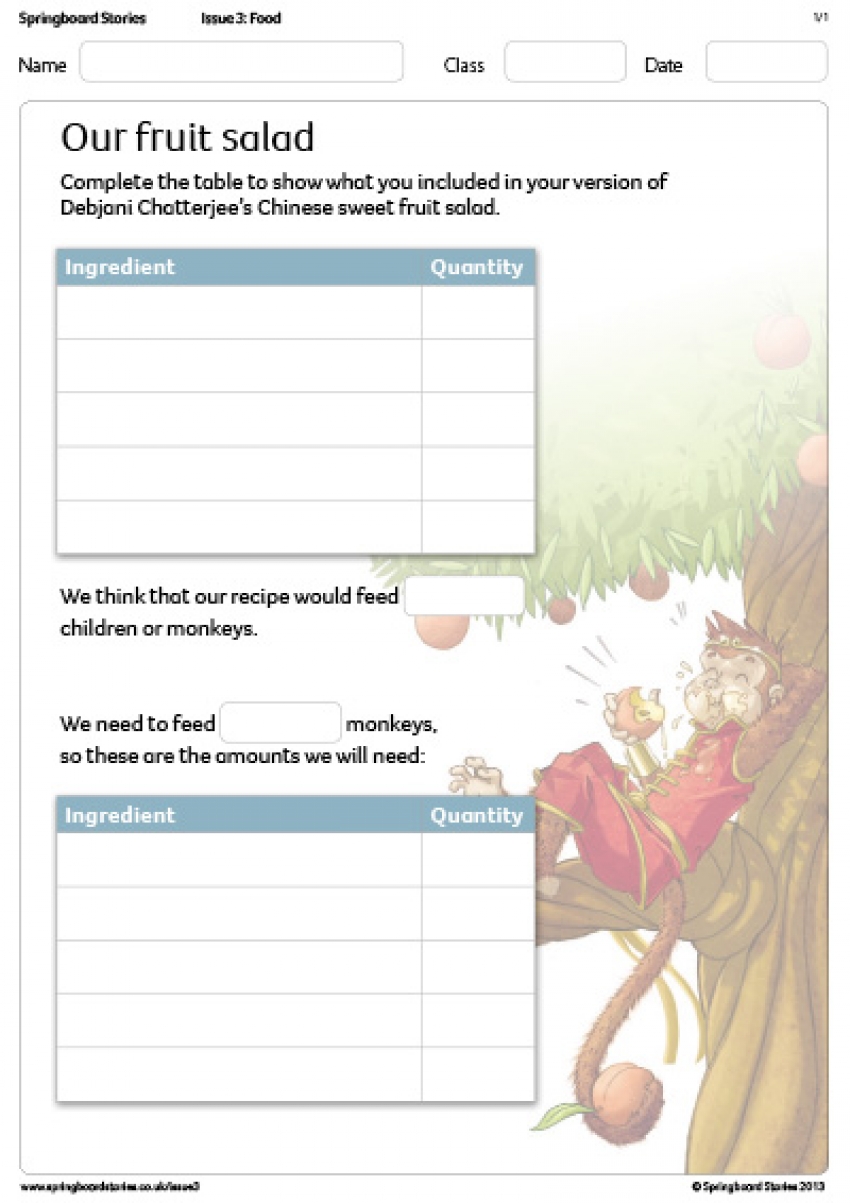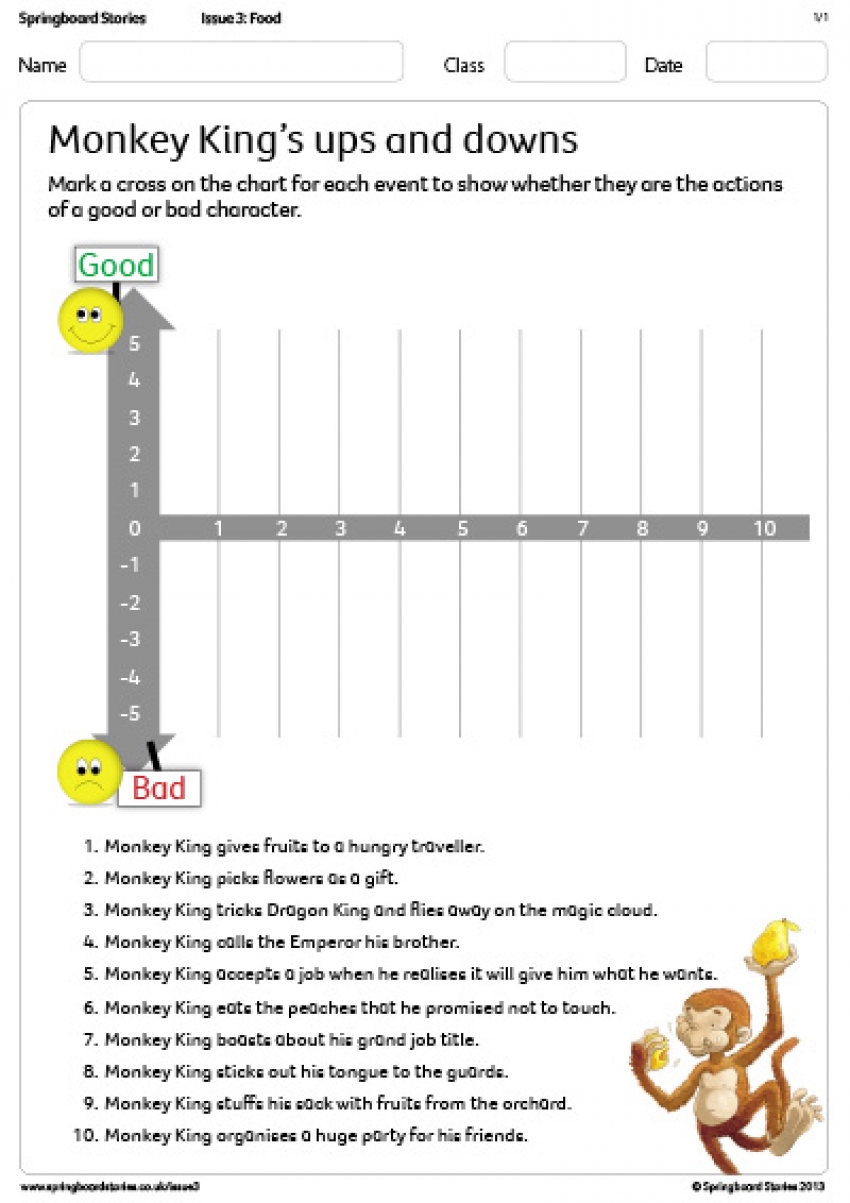Hidden away in most of the UK’s cities – and some towns too – are city farms: small oases of countryside among houses, factories or offices. Find one near you and you might discover a surprising new world on your doorstep.
David Gray was a farm manager at Heeley City Farm in Sheffield but now grazes in other pastures. He talks to Springboard Stories about the value of a farm visit.
For nearly 15 years, I was a city farmer in Sheffield. I lived and worked in the centre of an industrial city with the sounds of contented hens just outside my office window. The farm grew beans and potatoes, milked goats and herded sheep. It had grazing cows, a braying donkey and a pond full of colourful ducks. Each year this farm of only 4.5 acres (about the size of Sheffield United’s football ground and stands) had 100,000 visitors, many of them children, who came with their family, nursery or school. Let me take you on a tour of a typical city farm. Though they are all unique, you’ll find many things in common with mine.
Rare and unusual
City farms often rear rare or unusual breeds of farm animal – it makes the farms more interesting but also keeps some of these ancient and traditional varieties from dying out altogether. The breeds kept are often more appealing to visitors and generally friendlier, such as the curly-haired Mangalitza pig, the Welsh badger-faced sheep or long- horned cattle. Many children can’t believe how big a cow is close up for the first time, though most city farms keep smaller, friendly breeds, such as the Jersey or Dexter, whose wet noses blow as well as sniff at your hands.
Up close and personal
Little hands want to touch – and smaller animals are ideal for this. Some children might bypass the reptiles and giant insect collections, but no one can resist the allure of a Degu spinning in its exercise wheel or ferrets play fighting. Organised visits for children invariably include some handling time with smaller animals, often facilitated by young and enthusiastic farm volunteers. These young people will know about handling, feeding and general care, as well as the individual personalities of each furred or feathered bundle that children love to hear about.
That’s entertainment
I worked for a number of years as an education worker, and entertaining and educating visiting groups was my job. Activities are always tailored to the guests. So, for classes of primary children, education staff work hard to make valuable links to the curriculum (food, animals, plants and energy) and activities for younger children are often based around discovery and exploration, using the senses in the gardens as well as near the animals.
Health and safety
When farms and people come together, there are some inevitable risks that you need to think about before your visit. Of course, city farms are very safety conscious and aware of all the possible risks. One of the most serious risks relating to animals is keeping the germs that might be carried by them away from children’s mouths. All city farms have handwashing facilities – they may be a little ‘agricultural’ but hot water and soap do an excellent job in the right hands.
Animal diseases that can be passed to humans are called ‘zoonoses’. There are very few of them and they are very rarely caught by visitors. A certain strain of the otherwise perfectly harmless E. coli bacterium, E coli 0157 is the one that can cause serious illness. It can’t be caught from the air or simply by stroking animals but if hands that have picked up the bacterium are put in the mouth, there is a risk. Thankfully, hand washing using ordinary soap and warm water is a good precaution and, of course, keeping those little fingers out of mouths. You should also stress that you should never eat while walking around the farm. A final health precaution worth mentioning in advance is that pregnant women should avoid contact with sheep during lambing.
Further information
City farms are part of a national movement: the Federation of City Farms and Community Gardens, a registered charity that supports, represents and promotes the work of its members up and down the country.
Cafés, playgrounds, plant sales and gift shops are common. Fitness trails, environmental projects, archaeological displays and animal rides may also feature.
To find your nearest farm and what they have to offer, visit www.farmgarden.org.uk.
Find more information and teaching resources at www.face-online.org.uk.
Find out more about David’s farm at: www.heeleyfarm.org.uk Former Children’s Laureate Michael Morpurgo and his wife Clare founded the charity Farms for City Children in 1976. Today, there are three farms offering residential visits and a chance for inner-city primary schoolchildren to experience life on a working farm. Find out more at: www.farmsforcitychildren.org.













































